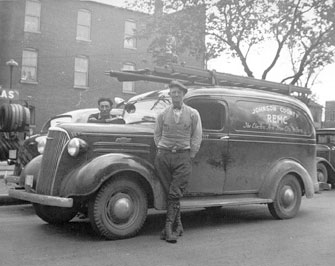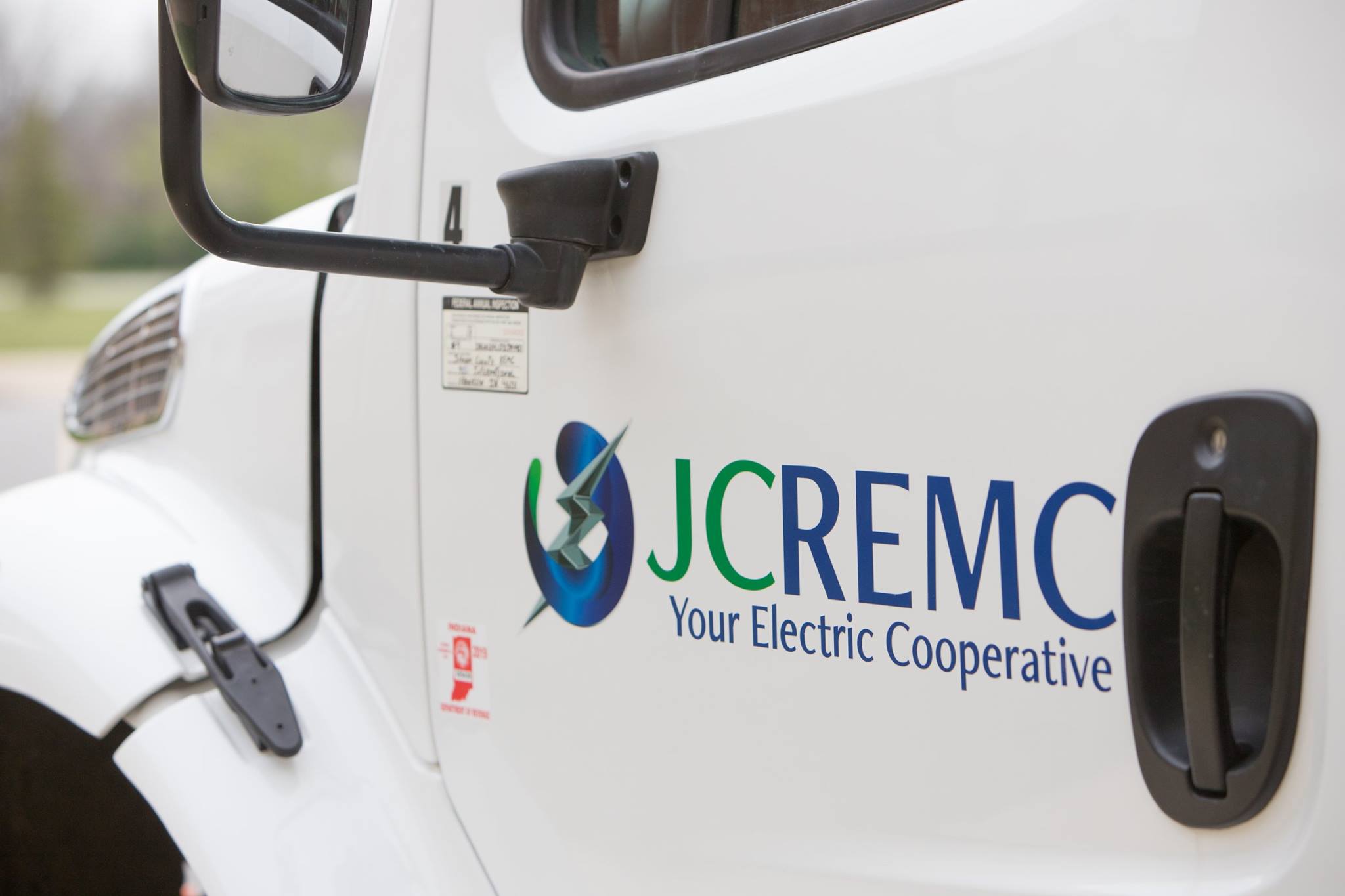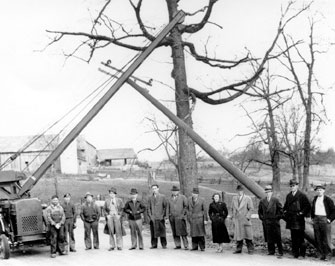
How We Got Started
The founding fathers of the electric cooperative movement had strong ties to Indiana. One of the first electric cooperatives to serve a rural area in America is located right here in our state. In the 1930s, investor-owned utilities were not interested in serving rural areas, feeling it would not be profitable. But the leaders of the agricultural communities of rural America knew that electricity was vital to the progress of our country, and with federal funding available through the newly created Rural Electrification Administration (REA), cooperatives began springing up across America.
Founded in 1935, JCREMC began operations with 1,129 members. Today we serve over 25,500 members with over 1,903 miles of distribution line.
From our founding in 1935 until today, our mission has remained the same. In all areas of our operations, JCREMC is committed to safely and efficiently providing reliable electric services for our community.

Located in Franklin, Indiana. JCREMC is a cooperative electric utility that supplies electric service to more than 31,500 meters in Johnson County and portions of Morgan, Shelby, and Brown counties.
As a cooperative enterprise, we are a unique organization. The people who receive their electricity from us are more than just customers, they are members.
As owners of the cooperative, members are entitled to the benefits that cooperatives offer, such as our non-profit business structure, local control and decision-making, strength in numbers, and a democratically elected board of directors who are themselves members.
7 Cooperative Principles
From our founding in 1935 until now, our mission has remained the same: To safely and efficiently provide reliable electric services for our community. But we don’t stop there. Guided by the 7 Cooperative Principles that drive cooperatives nationwide, we ensure that our resources are dedicated to the benefit of all our members.
1 | Voluntary and Open Membership
Cooperatives are open to all persons who are able to use their services and willing to accept the responsibilities of membership.
2 | Democratic Member Control
Cooperatives are democratic organizations where members have equal voting rights: one member, one vote.
3 | Members’ Economic Participation
Members contribute equitably to, and democratically control, the capital of their cooperative.
4 | Autonomy and Independence
If cooperatives enter into agreements with other organizations, they do so on terms that ensure their autonomy.
5 | Education and Information
Cooperatives provide education about cooperatives for their members, elected representatives, and the general public.
6 | Cooperation Among Cooperatives
Cooperatives work together through local, national, regional, and international structures.
7 | Concern for Community
Cooperatives work for the sustainable development of their communities through policies accepted by their members.

